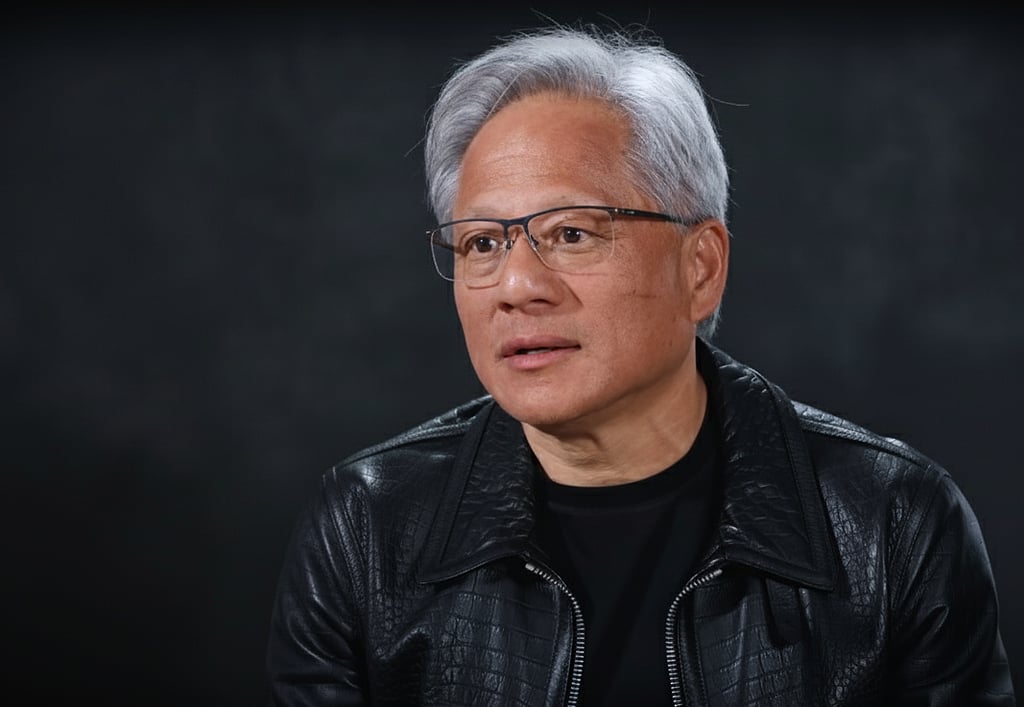Nvidia CEO Jensen Huang Hopes to Sell Blackwell AI Chips in China — Trump to Decide
Nvidia CEO Jensen Huang hopes to sell Blackwell AI chips in China, but the final decision lies with President Donald Trump amid U.S.–China tech tensions.
Raja Awais Ali
10/31/20252 min read


Nvidia CEO Hopes to Sell Blackwell Chips in China — But Trump Holds the Final Decision
Nvidia’s CEO Jensen Huang has expressed optimism that the company’s next-generation Blackwell AI chips will eventually be sold in China, though he acknowledged that the final decision rests with U.S. President Donald Trump.
During his visit to South Korea, Huang said he was hopeful that a potential dialogue between President Trump and Chinese President Xi Jinping could lead to progress on the matter. However, he confirmed that no direct talks regarding the export of Blackwell chips have yet taken place.
Last year, the U.S. government restricted the sale of high-performance AI chips to China, citing national security concerns and fears they could be used for military purposes. Huang argued that such restrictions could backfire, hurting America’s own tech innovation. “To advance U.S. technology, cooperation — not isolation — with China is essential,” he said.
Nvidia’s access to the Chinese market has sharply declined in recent years due to these export bans, leaving a major dent in its sales. The Trump administration is currently reviewing the policy, though no formal changes have been announced.
In a recent statement, President Donald Trump said that discussions on U.S. technology exports and corporate partnerships with China are ongoing, but Blackwell chips are not yet part of the current agenda.
The issue extends beyond Nvidia, shaping the global technology and semiconductor industry. If Nvidia is permitted to sell Blackwell chips in China:
The company could regain access to the world’s largest AI market.
U.S. tech firms could re-enter China’s lucrative ecosystem.
A new phase of U.S.–China technology cooperation could begin.
Yet national security concerns remain high. U.S. intelligence experts warn that advanced AI chips could potentially enhance China’s military capabilities. Meanwhile, China is accelerating its domestic semiconductor development to reduce dependence on foreign suppliers.
In summary, Jensen Huang’s ambition reflects both a business opportunity and a geopolitical challenge. While Nvidia seeks market access, the final call lies with President Donald Trump’s administration. The outcome could redefine the global AI chip industry and reshape the future of U.S.–China tech relations for years to come.
Stay informed with the latest national and international news.
© 2025. All rights reserved.